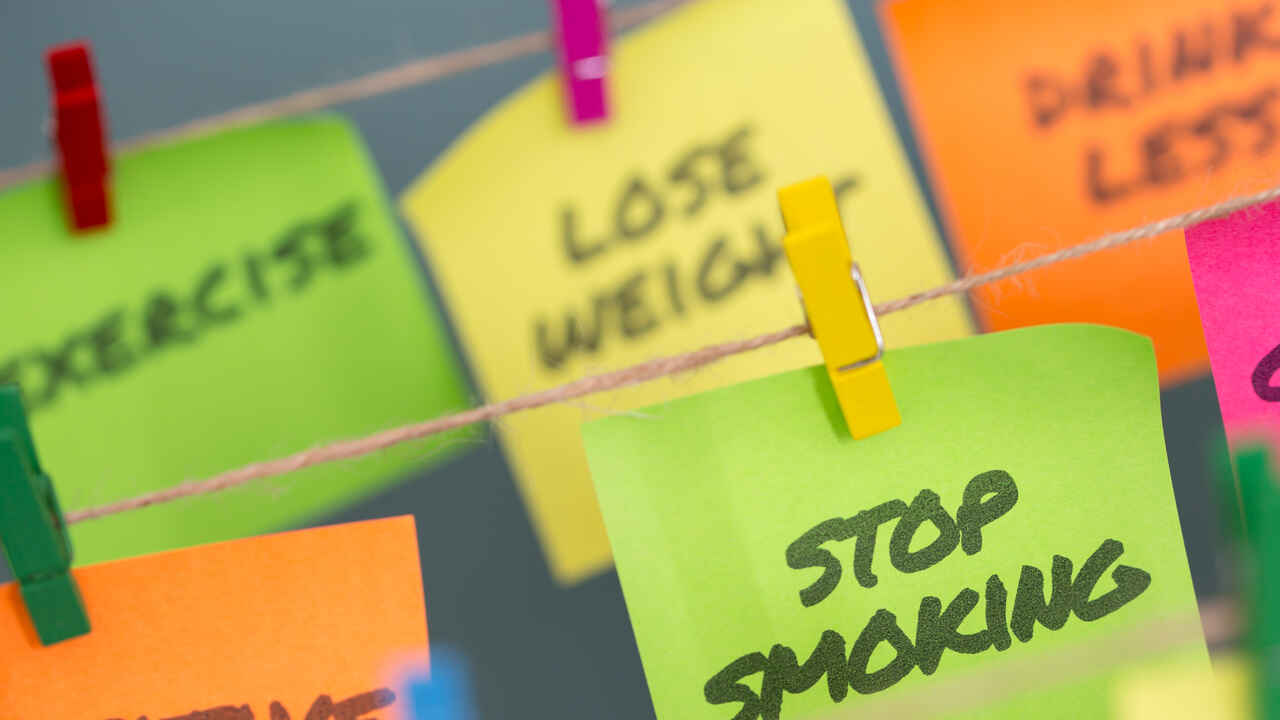
You can’t change every risk factor for colorectal cancer, but here are ones you can control.
Colorectal cancer is one of the most common cancers in the U.S. Although there’s no guarantee that you can prevent this disease, there are things you can do to help lower your risk of getting it. Lifestyle habits related to diet and exercise appear to be strongly linked to colorectal cancer risk. Other habits may also affect risk. Getting screened is another way you can protect yourself from this disease.
Although changing some lifestyle habits may be hard, they can provide immense benefits for your health. Not only can they help lower the chance of developing colorectal cancer, but they may also reduce the risk of other cancers, as well as heart disease, diabetes and other serious health issues.
“Prevention is the best medicine. Adhering to a healthy lifestyle and diet, or getting age appropriate screenings are simple ways to do this.”
Here are 6 things that may lower your risk of developing colorectal cancer:
- Get screened. Colorectal cancer screenings help find cancer at its earliest stages, when it is most treatable. They can also detect precancerous polyps that can be removed before they potentially turn into cancer at a later date. The American Cancer Society® recommends that adults at average risk of colorectal cancer begin screenings at age 45. If you are at increased risk, screenings may be recommended earlier. Colonoscopy is the gold standard of screening, but there are other screening tests, too. Talk to your doctor about which test is right for you, when you should first be screened and how often screenings should be repeated.
- Manage your weight. Maintaining a healthy weight may help you lower your risk of developing colorectal cancer. Being overweight or obese not only increases your risk of developing this cancer, but may also make you more likely to die from it.
- Change what you eat. Diets that include a lot of vegetables, fruit and whole grains may decrease the risk of colorectal cancer. In contrast, eating more red and processed meats has been linked to an increased colorectal cancer risk.
- Move more. Being physically active may help lower your risk of colorectal cancer, as well as improving your health in many other ways. If you don’t already exercise, commit to moving more as a way to lower colorectal cancer risk.
- Avoid alcohol. Drinking alcohol in any amount has been linked to a higher risk of colorectal cancer, especially in men. If you do drink, limit intake as much as possible. The American Cancer Society® suggests men drink no more than 2 drinks a day and women limit daily alcohol consumption to one drink. Also pay attention to what’s in that drink—one drink equals 12 ounces of beer, 5 ounces of wine or 1 ½ ounces of hard liquor.
- Don’t smoke. You may think that smoking only affects lung cancer risk, but the fact is that long-term smoking may also increase your risk of colorectal cancer. So if you smoke, here’s another good reason to kick the habit.
Copyright 2022 © Baldwin Publishing, Inc. All rights reserved.
Health eCooking® is a registered trademark of Baldwin Publishing, Inc. Cook eKitchen™ is a designated trademark of Baldwin Publishing, Inc. Any duplication or distribution of the information contained herein without the express approval of Baldwin Publishing, Inc. is strictly prohibited.
Date Last Reviewed: January 11, 2022
Editorial Review: Andrea Cohen, Editorial Director, Baldwin Publishing, Inc. Contact Editor
Medical Review: Perry Pitkow, MD
Learn more about Baldwin Publishing Inc. editorial policy, privacy policy, ADA compliance and sponsorship policy.
No information provided by Baldwin Publishing, Inc. in any article is a substitute for medical advice or treatment for any medical condition. Baldwin Publishing, Inc. strongly suggests that you use this information in consultation with your doctor or other health professional. Use or viewing of any Baldwin Publishing, Inc. article signifies your understanding and agreement to the disclaimer and acceptance of these terms of use.